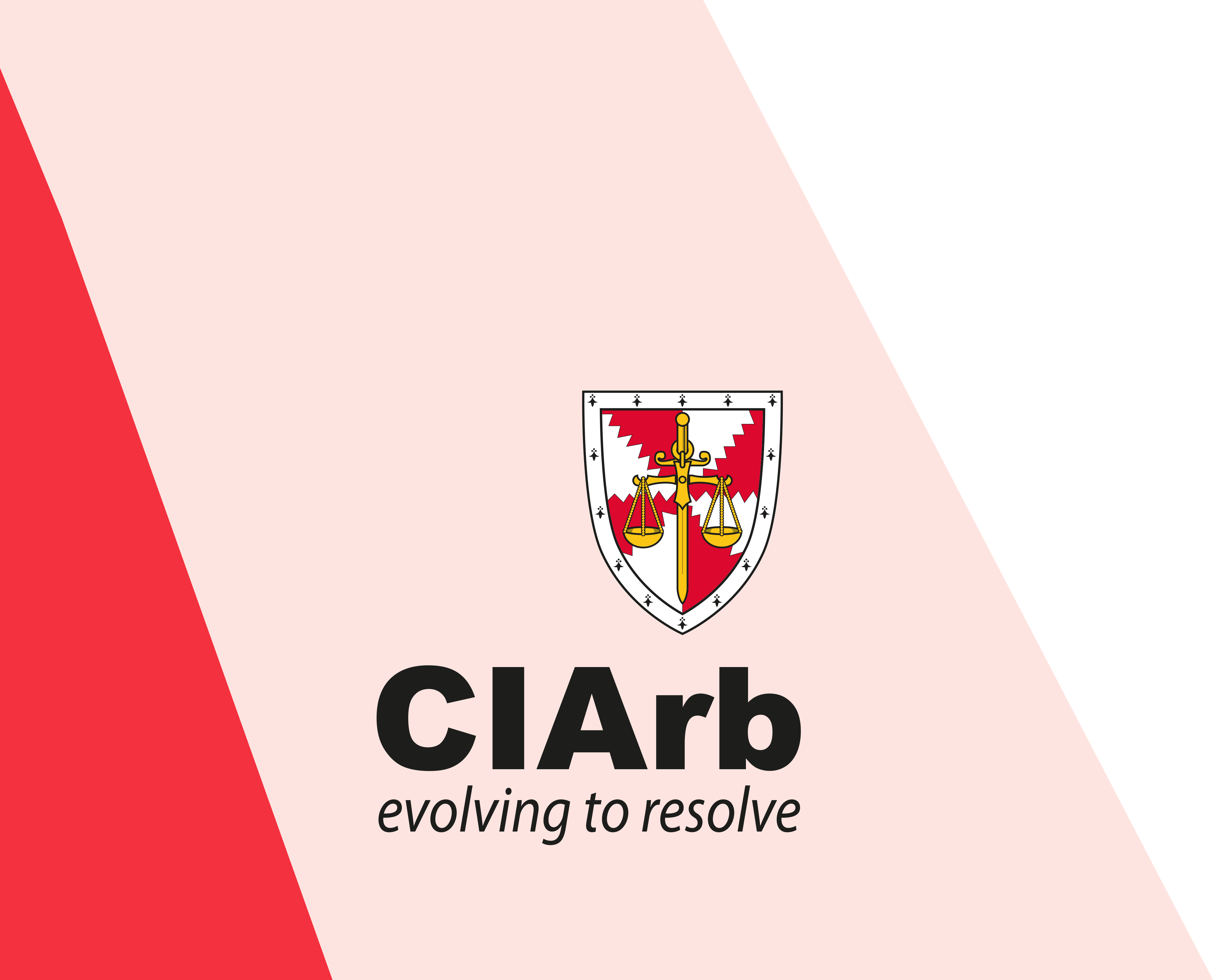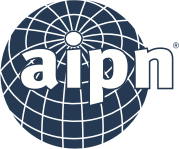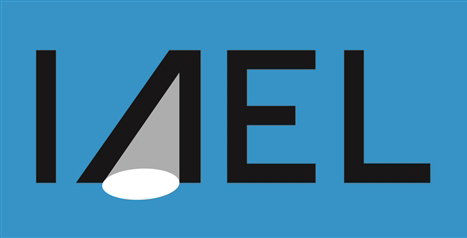INTRODUCTION
Recently, the Securities Exchange Commission (The Commission) introduced its Regulatory Incubation Program (RI Program) through the release of Regulatory Incubation Guidelines. The Guidelines and the RI Program is predicated on Section 38 (1), (2) and (3) of the Investment and Securities Act, 2007 which sets the parameters for the categories of persons that intend to operate in the Nigerian capital market or carry out investments and securities business with their operations being subject to supervision by the Commission.
The provisions allow the Commission to set out the conditions for registration of any level of operations within the Nigerian capital market as well as the procedures for the registration and the accompanying fees. On this premise, the Regulatory Incubation Guidelines is targeted at Fintech operators within the Nigerian capital market and sets out the basic requirements for their operations prior to their establishment.
The Guidelines on Regulatory Incubation
The Objectives of the Guidelines
The RI Guideline does not provide the requirements for the registration of Fintech operators, but rather provides a breeding ground for a Fintech operator to develop capacity in order for it to be regulated – hence the term “incubation”. Consequently, a FinTech enrolled in the RI Program is at its pre-registration and product testing phase which does not guarantee the success of its registration but is a requirement for registration as an established capital market operator in Nigeria.
A Breakdown of the Guidelines
The guidelines are divided into 6 parts, which are; (i) Pre-qualification requirement (ii) Regulatory incubation operations requirement (iii) Restrictions and conditions (iv) Termination/Removal from Regulatory incubation (v) Regulatory Incubation form and fee and (vi) Content of the implementation plan
Pre- Qualification: The Pre-qualification requirements provide for the criteria Fintech operators must have before they can qualify for the incubation program. Generally, it provides that the applicant must making use of innovative technology/fintech; provide financial services if it is a business that should be carried out in or from Nigeria; the applicant commit to complying with the SEC Regulation and must have an actual consumer base for it services.
The Commission requires that the services of the applicant must be one that addresses a problem or benefits its consumers or the industry with its products being investor-friendly; the applicant must be ready to apply for registration immediately the commission rolls out its rules and that the Applicant completes the FinTech Assessment Form as well as discuss its proposal with the commission at an early stage.
Regulatory incubation operations requirement: The Guideline provides for expected operation requirement during the incubation program as the applicant must have been deemed fit by the commission and possess relevant skills in financial services/technology. This is very important as the program is likely to be for the benefit of the consumer and industry and the willing investor if the entrepreneurs have a track record or even requisite knowledge and skill as this would give credence to the product or service being introduced. However, it is unclear what the yardsticks are for determining whether the applicant fulfills this requirement.
In addition, the applicant is expected to provide monthly reports to the commission, comply with existing regulations and AML/CFT requirement. However, it may seem that a quarterly report would be more apt as this would allow for reasonable developments before each reporting period.
Restrictions and conditions: The restriction and conditions part of the guidelines sets out the limit of operations for a Fintech operator while it is still in the incubation period. Within the incubatory period, the guidelines provide that a Fintech operator is not to conduct any investment business other than that which it had presented to the Commission. This is a forward-thinking approach to ensure that the applicants are focused in developing a single product as well as limiting the risk of customers in the event that the products or their diversified offerings does not scale the incubation process.
The Commission in its traditional manner sought to regulate the promotional statement and disclosures of the Applicants as they are restricted from making financial promotions that would guarantee returns. The guideline also sets a maximum limit of 100 clients for the Fintech operator in this incubatory period and that additional clients may only be on-boarded upon approval from the commission. It however stated that existing Applicant who already has surpassed this limit are not allowed to further on-board new users. The challenge with this is that this may be considered as disadvantage to a notable Fintech operator who already has a suitable framework for their operations and are only seeking to operate within the Commission’s Regulatory purview.
The incubatory period is for a period of one year. Applicants may thereafter apply for registration if found eligible by the Commission or discontinue its services. The provision is quite vague and does not outline the procedures for determining eligibility.
Termination/Removal from Regulatory incubation: The Commission has the power to remove an entity from the incubation program for failure to comply with the Guideline requirement, deviate from its implementation plan or has not taken steps either to apply for registration or submit a notice of discontinuance after the one-year period of the regulatory incubation process.
Regulatory Incubation Form and Fee: To participate in the regulatory incubation program, the applicant shall complete the relevant application form (Assessment Form) and pay a processing fee of N200,000.
The Implementation Plan: The Applicant is required to also have an implementation plan which includes a full description of its business, product, service of business model; objectives for the incubation period; implementation timelines and milestones; existing/target customers and would also include an exit plan to satisfy its customers in the event that its operation is not eligible for registration, as well as risk management framework, a description of how communication with customers are handled among other requirement.
With these requirements, it is clear that the aim of the Commission while engineering innovation is to ensure the safety of customers.
CONCLUSION
With the creation of this initiative, the Commission is visibly committed to its objectives to regulate innovation within the Nigerian Capital Market in line with its Fintech Policy without stifling the development of FinTech. The approach taken by the Commission is also quite similar to the CBN Sandbox and it is laudable that our regulators are being proactive in regulating the operations of Fintech within their sector.













